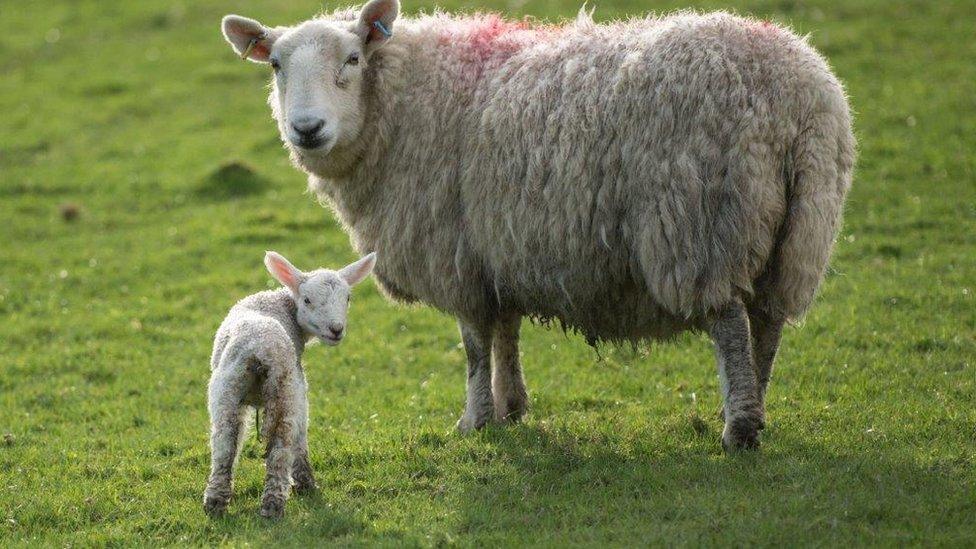Rural crime rise prompts 'medieval' defences
- Published
- comments
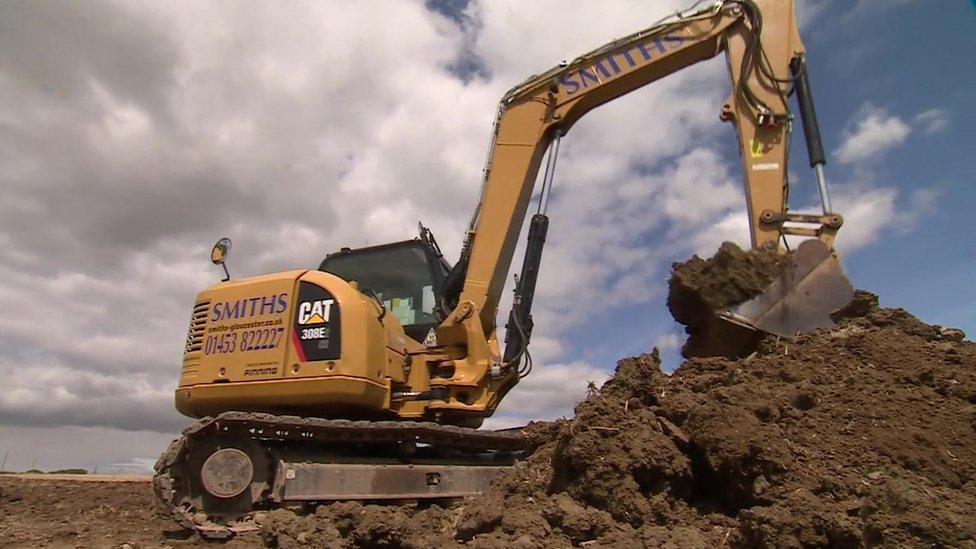
Farmers are digging trenches and earth banks to prevent thieves driving 4x4s onto farms
The cost of rural crime has risen to £44.5m as organised criminal gangs target farm machinery.
Farmers are resorting to "medieval" fortifications such as earthworks to protect their property, according to NFU Mutual, which produced the figures.
Police said that the global demand for agricultural equipment was attracting organised crime to the countryside.
Thefts of quad bikes, agricultural vehicles and 4x4s have driven the 13.4% increase in crime over the last year.
NFU Mutual, which provides insurance to farmers, said in its annual rural crime report that the cost to farmers is at its highest point since 2013.
Determined thieves
While rural crime has fallen in Scotland and the north west of England, there have been sharp rises of more than 30% in the Midlands, Wales and the south east of England.
Tim Price, NFU Mutual's rural affairs specialist, said this year's spike in crime was driven by a "new breed" of determined thieves, using technology and brute force to steal from farms and prompting farmers to bolster their defences.
He said: "This year we're seeing people bring in things like earth banks - the medieval fortifications last used a thousand years ago."
Farmers are combining these ancient deterrents with modern technology, such as CCTV, floodlighting and motion sensors.
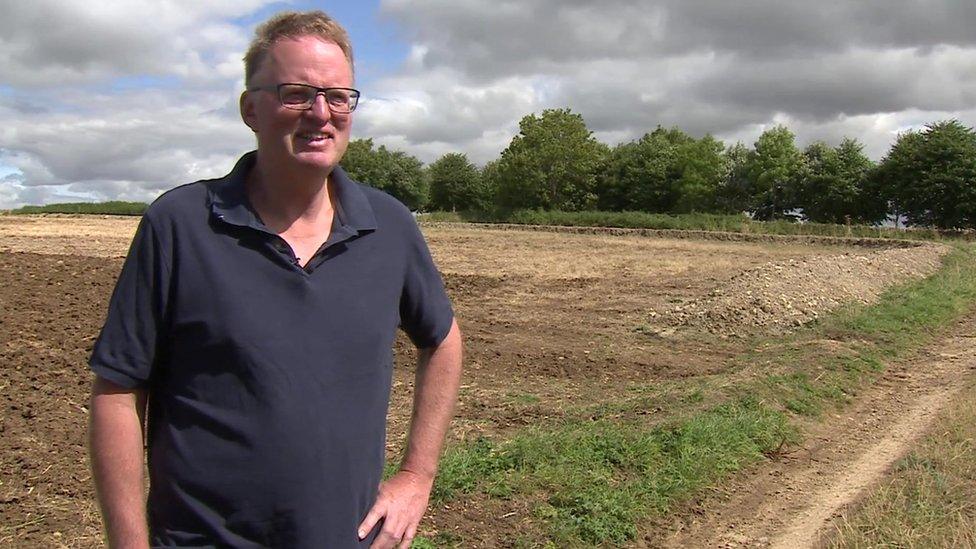
James Gregory, a farmer in Gloucestershire, is installing more than a mile of earth banks
Gloucestershire Police have begun helping local landowners to dig trenches and earth banks to stop thieves from driving 4x4s onto farmland.
One farm has an earth wall 3ft tall followed by a 2ft-deep ditch, with barriers extending for more than a mile.
Another farmer, James Gregory from Cheltenham in Gloucestershire, said he was installing an earth bank in order to deter joyriders and opportunistic thieves.
He said: "It's early days but it's like putting a padlock on a shed: if you were really determined you could still probably break in, but if it just deters a casual person then you're saving a lot of hassle."
Others are creating a single point of entry, reinforced gates, barricaded strong rooms for high-value goods and tall fences to deter thieves.
New tactics
Stolen farm machinery is also being used to commit further crimes, NFU Mutual said, with farm loaders used to smash into village shops and steal from cash machines.
And farmers are suffering long-term anxiety from the fear that they are being watched by criminals who are waiting for an opportunity, the report said.
David Airey, a farmer in Sutton-in-Craven in North Yorkshire, said crime rates were the worst he had seen in 52 years of farming.
He has lost almost £20,000 in three quad bikes, trailers, metal, a tonne of sugar beet, drills, chainsaws, milk kits and nearly 100 ewes in repeated thefts.
"It's relentless," he said. "It's scary, you wake up every morning, expecting to go outside and find something disappeared."
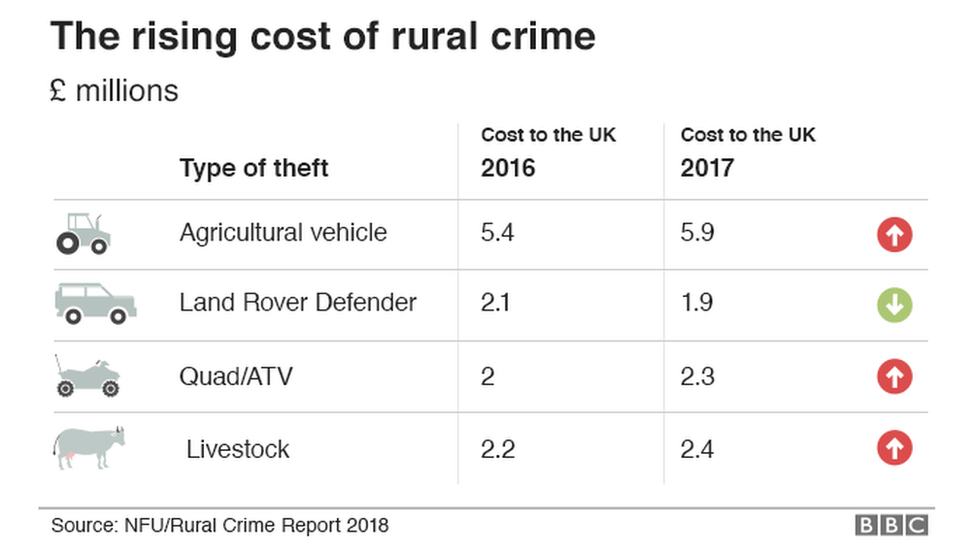
Mr Price at NFU Mutual said there had been some successful police initiatives, such as the Scottish Partnership Against Rural Crime. But he called for more collaboration between police forces, to prevent crime being displaced across county borders.
The lead officer for rural affairs at the National Police Chiefs' Council, Deputy Chief Constable Craig Naylor, said police have created the first UK-wide strategy to tackle rising rural crime, external, with a focus on organised gangs.
He said: "Crime in rural communities can have devastating consequences on residents and businesses alike."
The strategy paper says the rise in crime has been caused by the "collapse" of close-knit rural communities and the growth of modern transport links that allow thieves to export stolen machinery in a matter of hours.
Det Con Chris Piggott, from the National Vehicle Crime Intelligence Service, said: "Organised crime has realised that there's big revenue to be made exporting this stuff across the world."
Police were constantly developing new methods to counter rural crime, he said, but thieves often adapted their approach in response.
He added: "They'll learn how to evade our tactics. What we need to do is to keep developing."
- Published6 August 2018
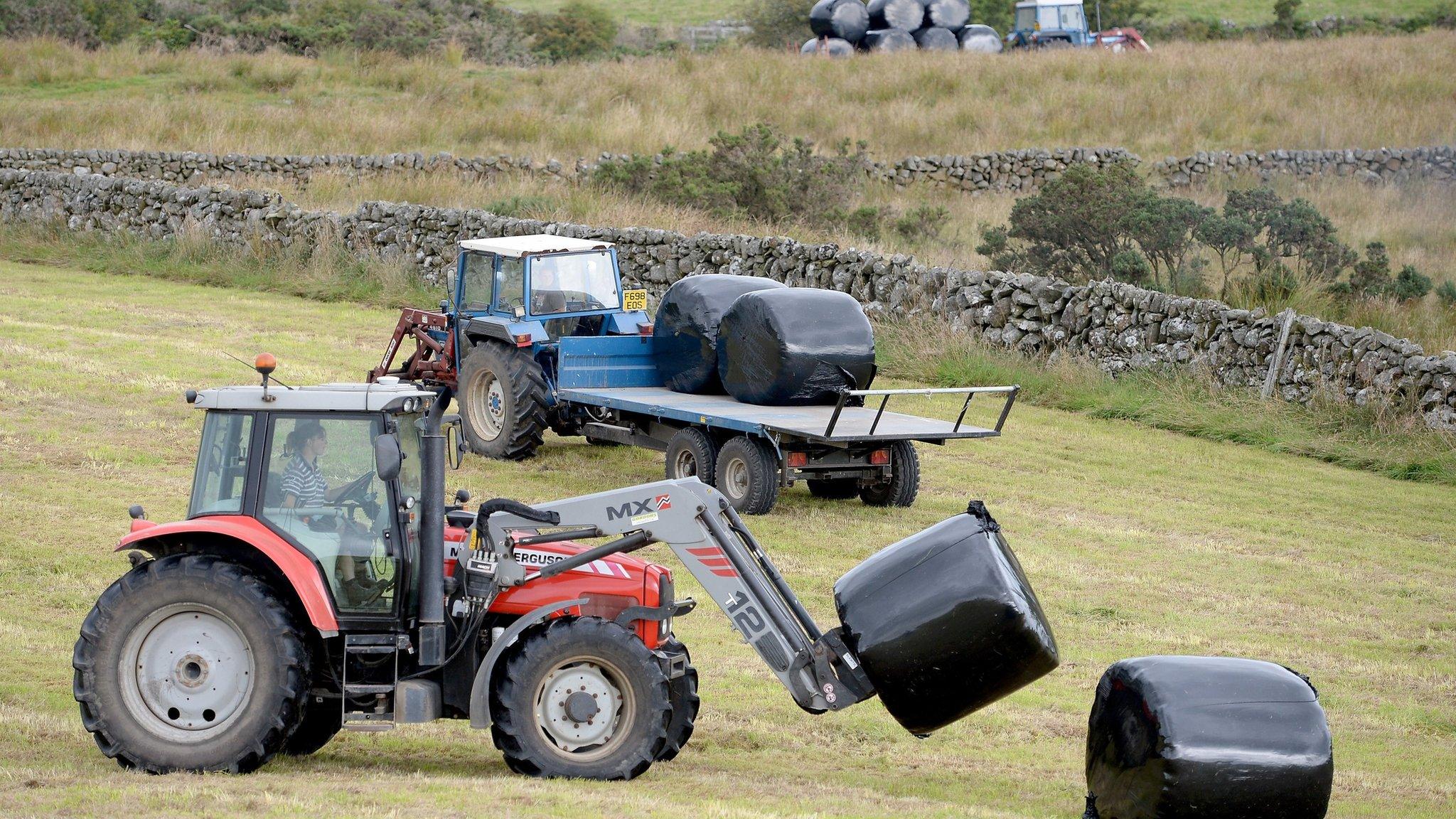
- Published6 August 2018
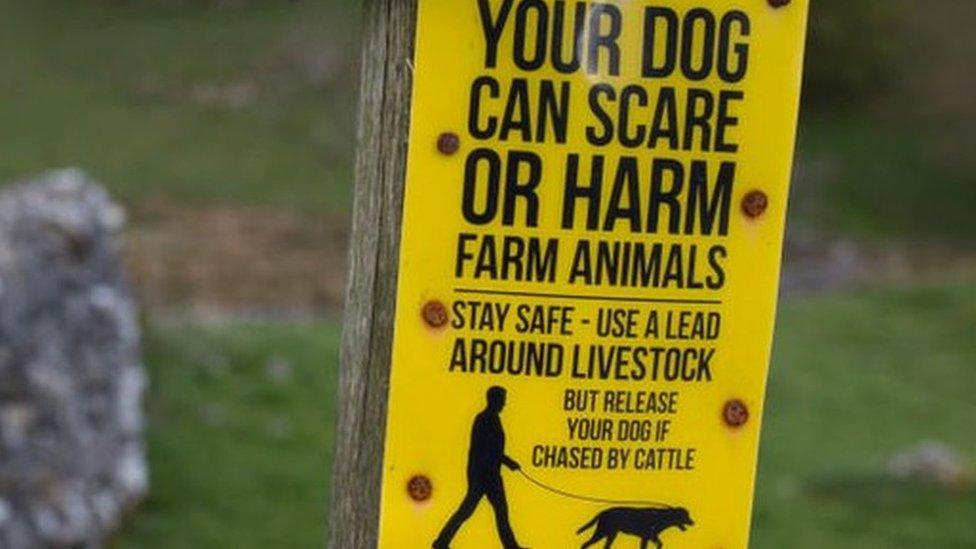
- Published6 August 2018
